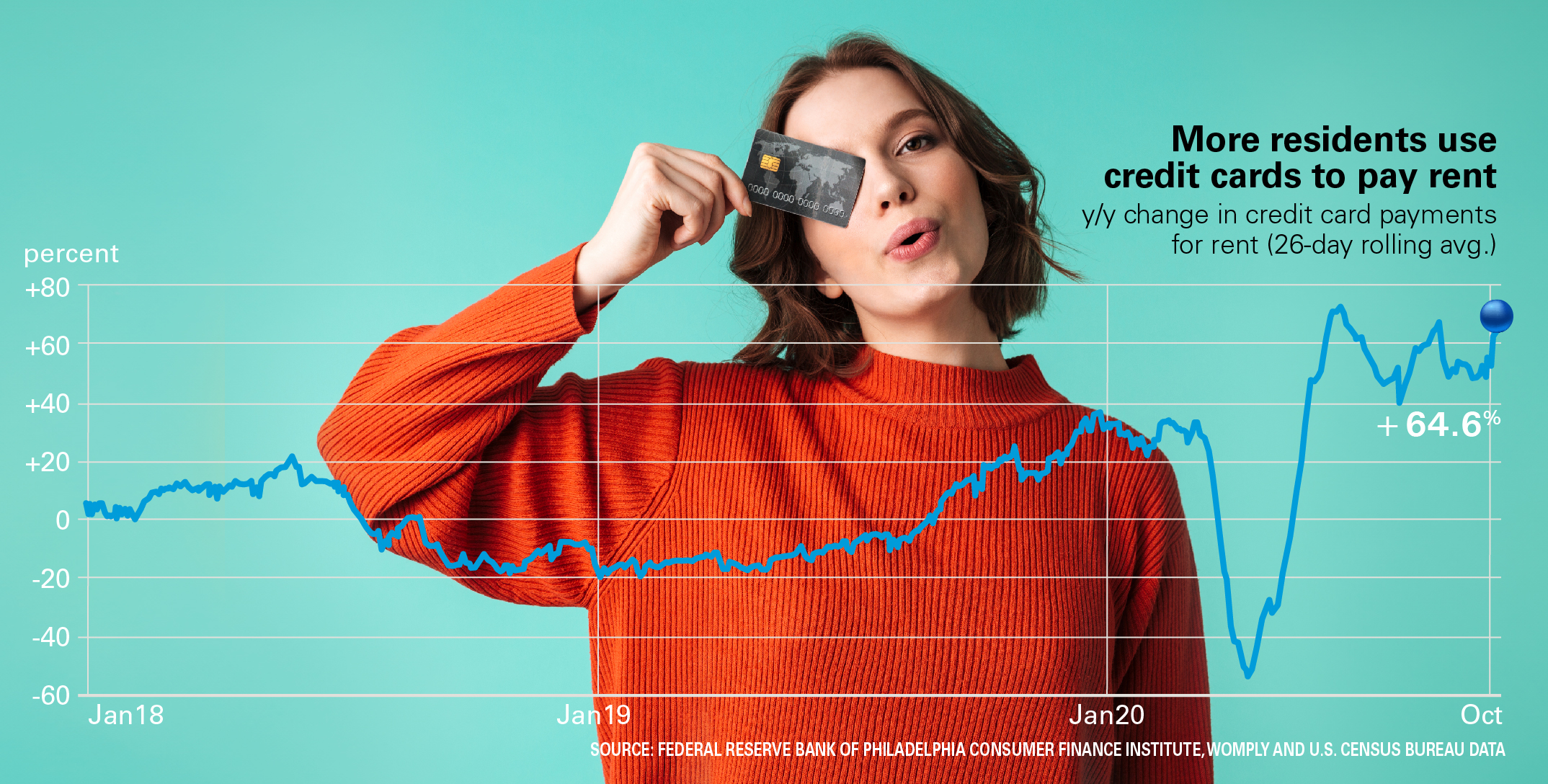Once a year, late in February, my wife’s face brightens as she thumbs through our mail. “We got our Costco rewards check,” she beams.
It’s not a ton of money, maybe $1,000. And the money is not actually coming from Costco, but from Visa, its credit card partner. Still, a $1,000 check is better than a kick in the teeth—and a merrier sight than the bills and junk mail we usually receive.
This is why I was alarmed at recent news that credit card rewards could soon go the way of the dodo.
The threat comes from the benign-sounding Credit Card Competition Act (CCCA), a piece of legislation that failed to pass in 2022 but is once again being pushed by a bipartisan group of federal lawmakers.
Lawmakers claim to be upset that Visa and Mastercard account for 80 percent of the U.S. credit card market, what U.S. Senator Dick Durbin calls a “duopoly” that “inflates prices.”
“It’s time to inject real competition into the credit card network market, which is dominated by the Visa-Mastercard duopoly,” said Durbin.
Unfortunately, the act seeks to address a problem that doesn’t exist and could threaten the credit card rewards cherished by many.
Killing rewards (again)
It’s true, as Durbin says, that credit card companies take a percentage of payments. These are called interchange fees, a small transaction charge—usually 2-3 percent—that is borne by the retailer (not the customer) whenever a customer swipes.
Yet credit card companies provide a service: the convenience of swiping a card instead of paying cash. Even better, consumers often get a percentage of that money back from the credit card companies in the form of rewards.
Durbin’s CCCA, Forbes reports, “would require the country’s largest credit card issuers to enable at least two credit card processing networks to be used on their credit cards—and insist that one of those networks must be someone other than Mastercard or Visa.”
Proponents of the legislation say it would lower prices for consumers, but history suggests otherwise.
We’ve seen a version of this film before in the form of the Dodd-Frank Wall Street Reform and Consumer Protection Act of 2010, the most sweeping banking reform change since the Great Depression. One of the provisions of that legislation is today known as the Durbin Amendment, “a last-minute addition by Dick Durbin, a senator from Illinois that limited processing fees on debit cards.
At the time, Durbin claimed the amendment would save consumers money, reasoning that retailers would lower their prices. That’s not what happened.
“Multiple studies conducted in the years since the Durbin amendment became law have concluded that it didn’t have much, if any, effect on retail prices,” Nerd Wallet points out. “In fact, a 2015 economic brief published by the Federal Reserve Bank of Richmond included survey results estimating that more than 21 percent of merchants actually increased their prices after the rule went into effect.”
Not only did consumers not benefit from lower sticker prices, but credit institutions responded to their own losses by slashing debit card rewards and hiking fees on checking accounts.
Many predict Durbin’s latest bill would have a similar effect on credit cards.
“Will consumers lose? Probably,” wrote Brian Riley, director of the credit advisory service at Mercator Advisory Group. “Their reward programs will dry up, just as they did with debit cards.”
Why it’s happening
I love the convenience of my credit card, which is quickly replaced if I lose it, with the company usually covering any losses. But I love my rewards even more.
So why are lawmakers threatening them?
Well, not everyone is happy with the current system, and it goes back to the previously mentioned interchange fees. Big box retailers—Walmart, Target, Home Depot, etc.—don’t like paying these fees because they cut into their own profits.
Retailers, of course, are under no obligation to accept credit cards. But they understand consumers love them and they’d lose business if they did not accept them. Many have, of course, tried offering their own credit cards, but with limited success. So they’ve turned to the government for help.
This is where the CCCA comes in. Lawmakers can’t very well say they’re working to protect the profits of Walmart and Target, so we’re told the act is about fairness and “consumer protection.”
In fact, retailers are simply trying to protect their bottom line.
One could argue that this is precisely what companies should do: maximize profit. The problem is they wouldn’t be earning their profit by offering a good or service, but by using government force to stop voluntary transactions.
The kicker is that if Durbin’s bill—which has the support of J.D. Vance and other Republicans—should pass, it won’t just be a loss for voluntaryism. It will likely mean kissing my Costco rewards goodbye.
Excerpt Jon Miltimore, Foundation for Economic Ed.













